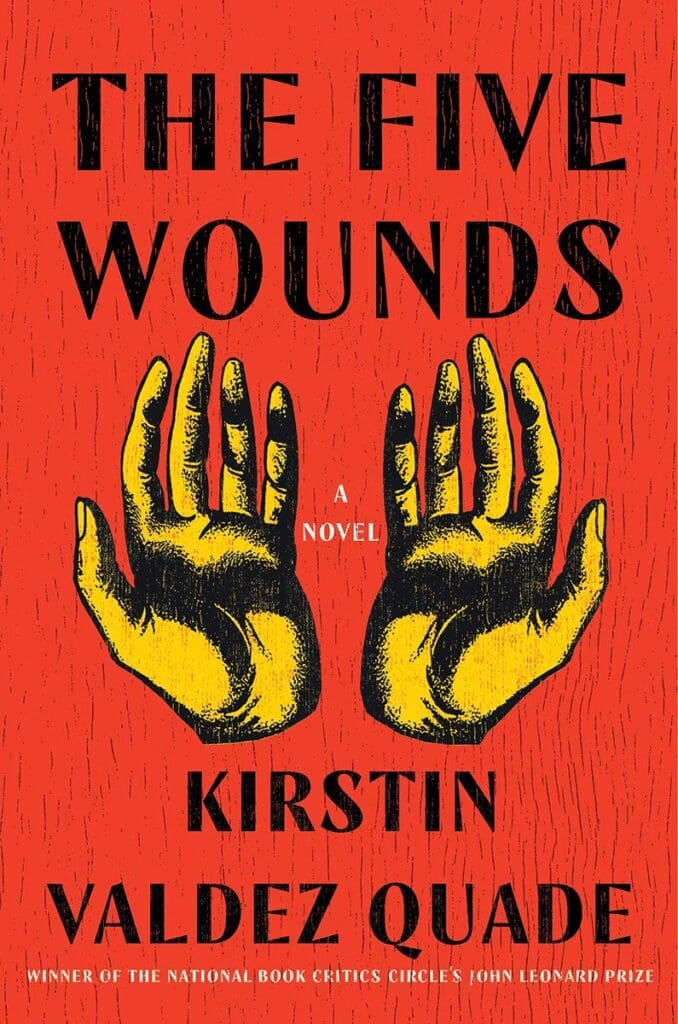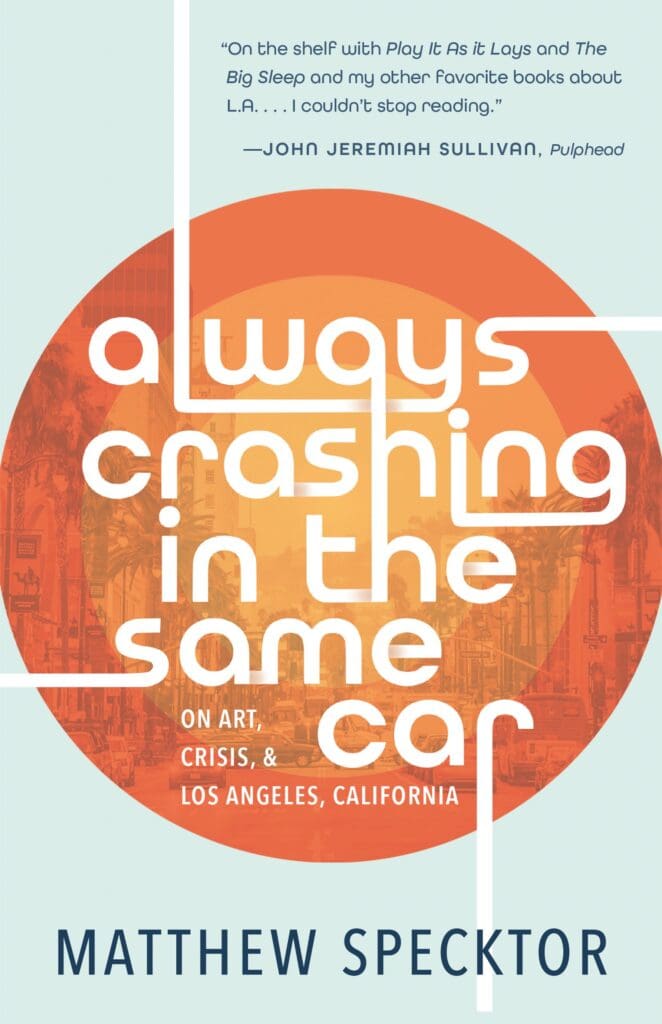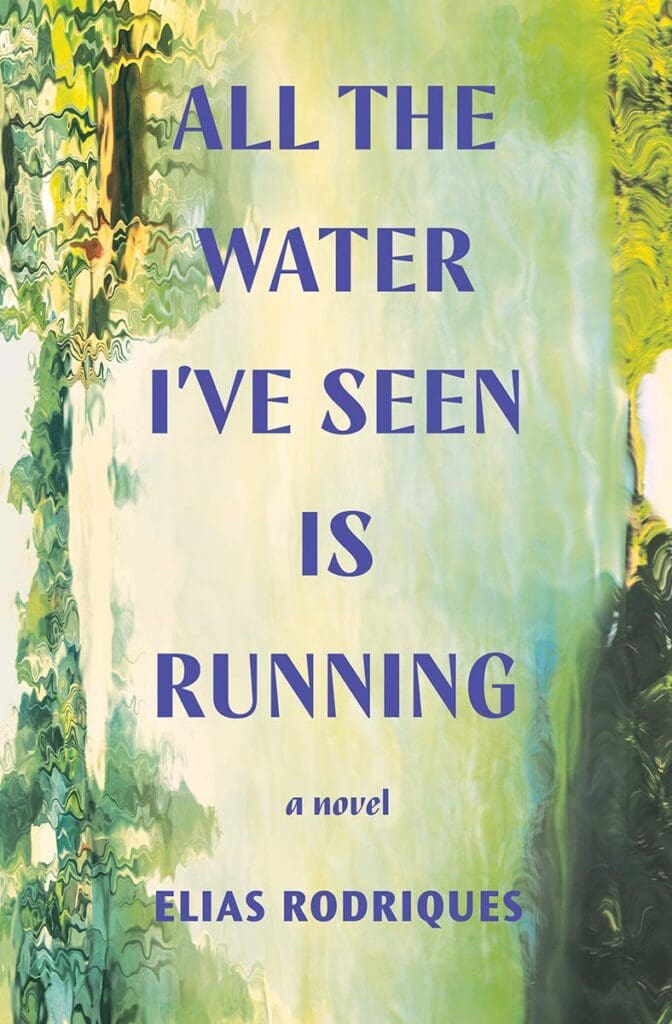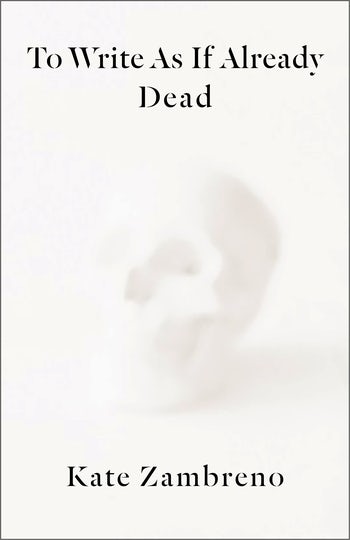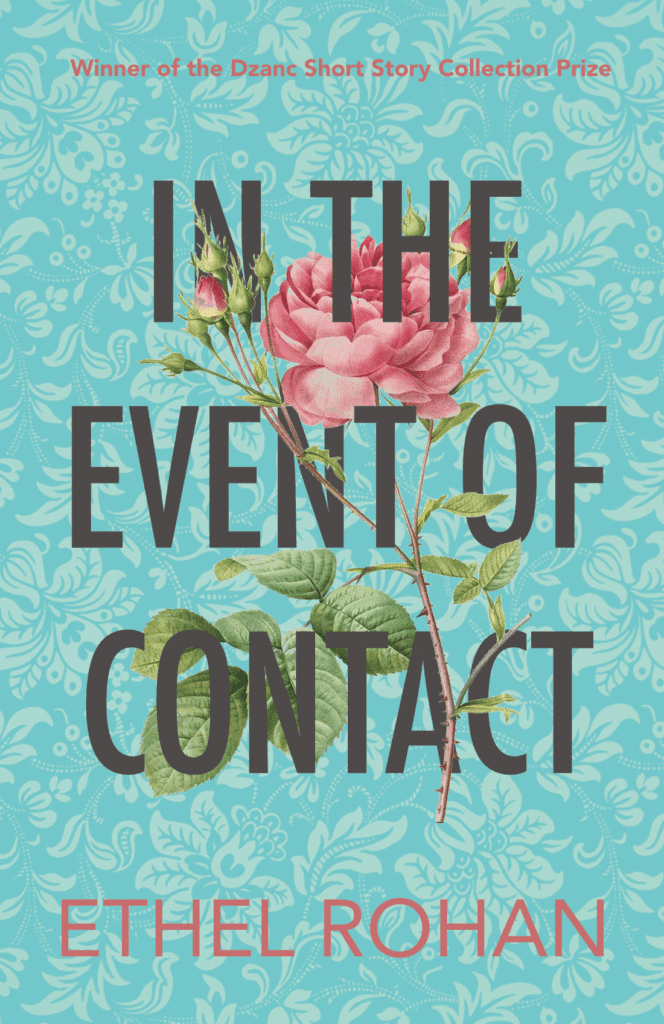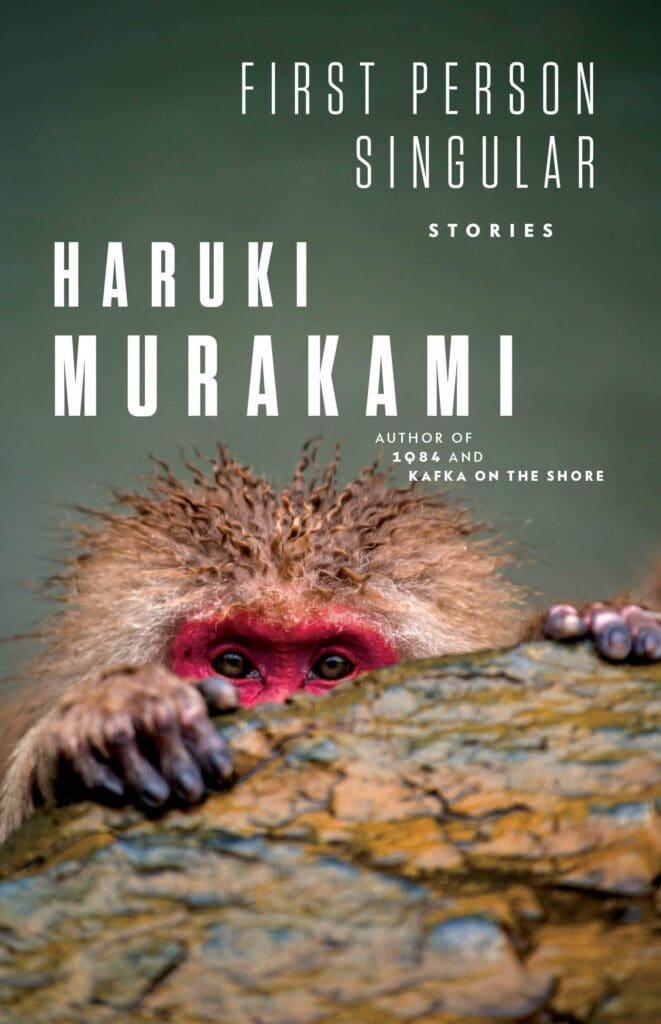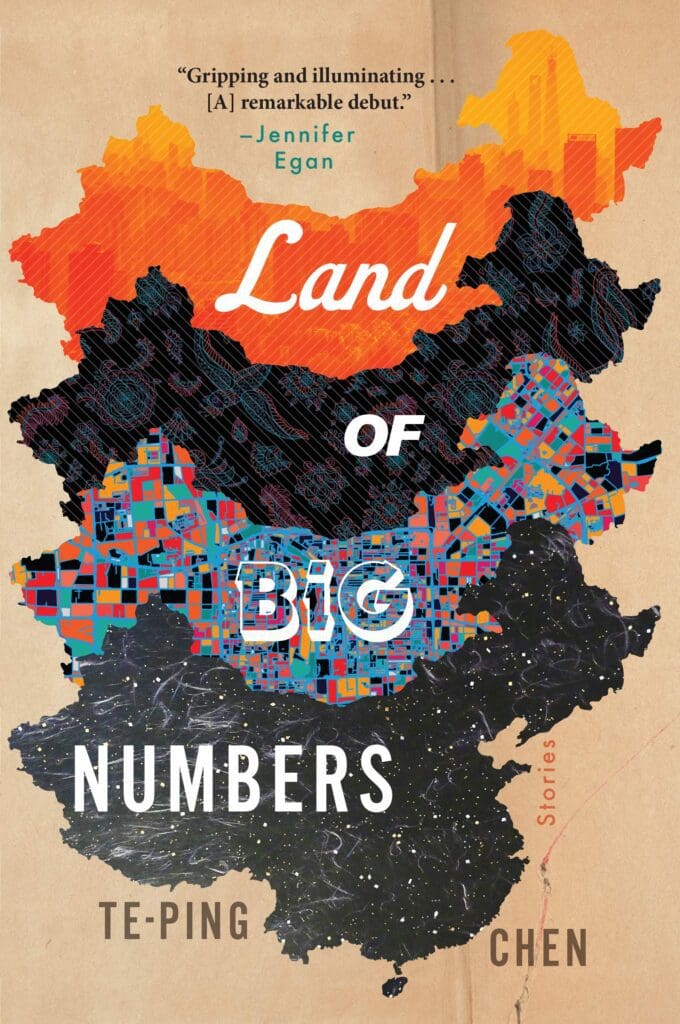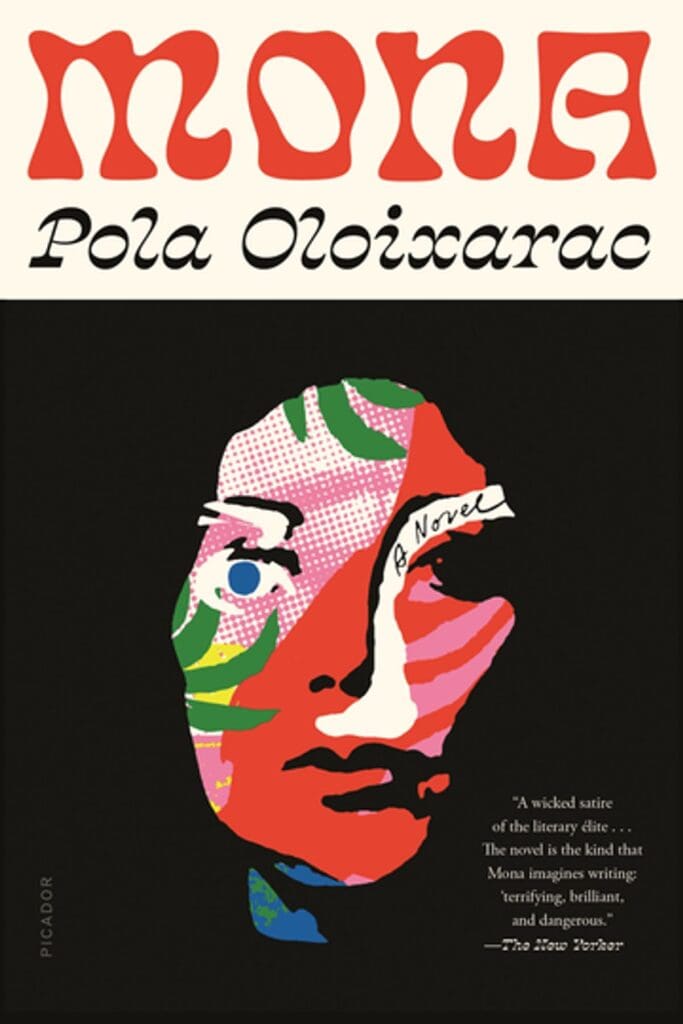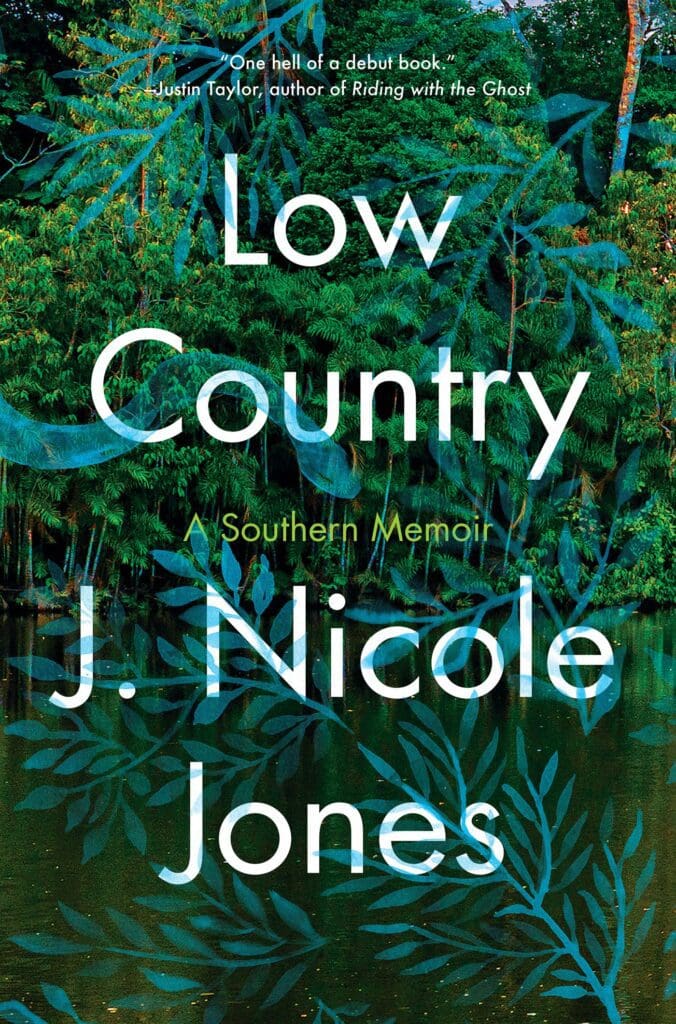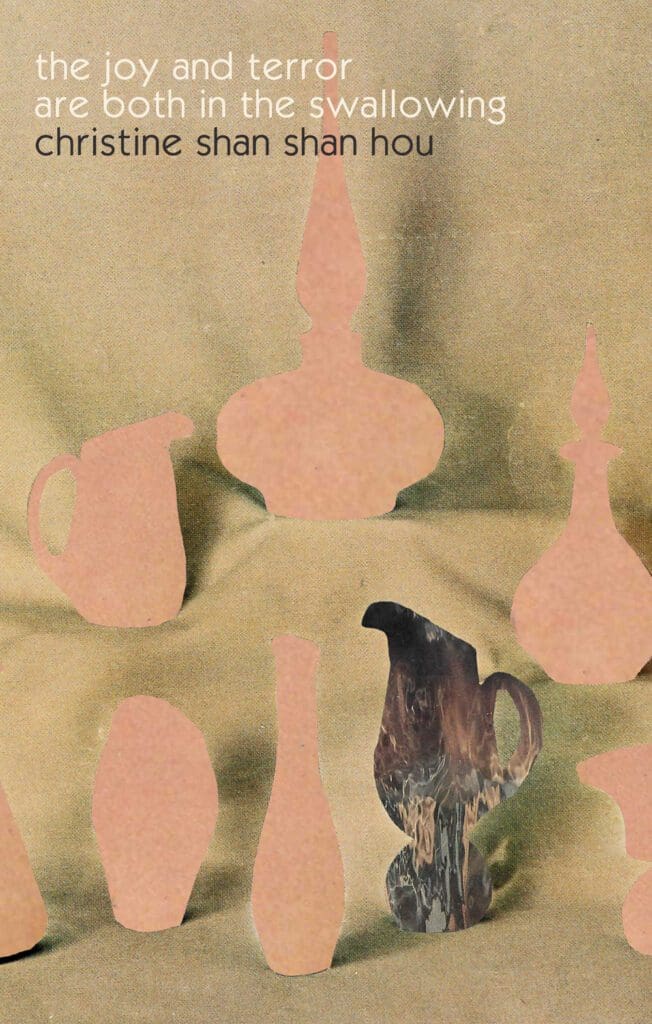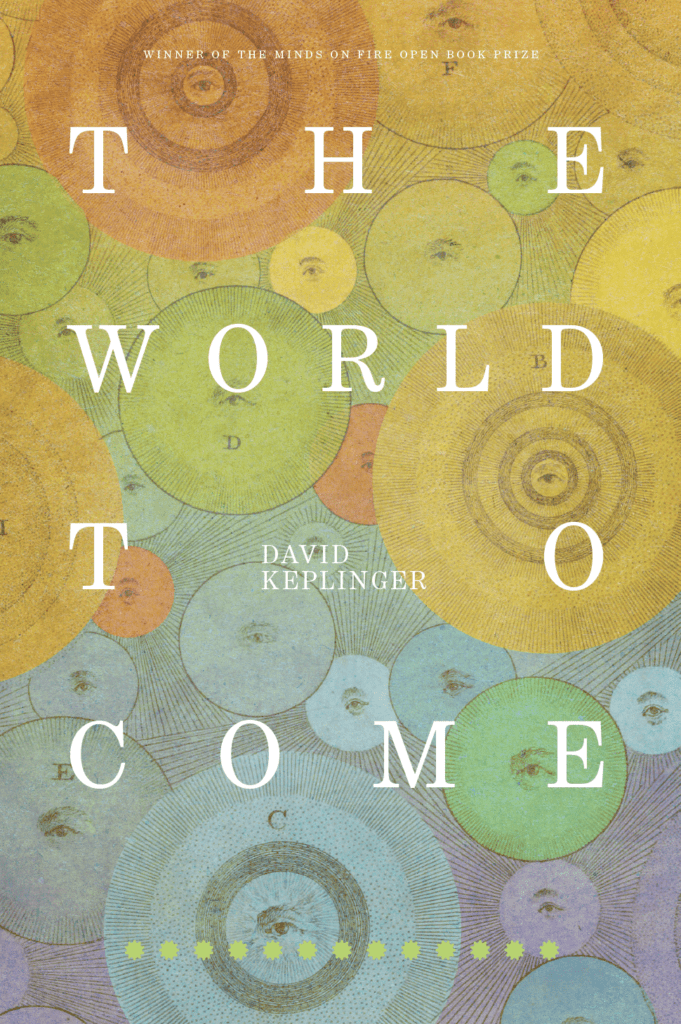Amadeo Padilla is preparing for his starring role as Jesus in a Good Friday procession when his estranged 15-year-old daughter, Angel, shows up on his doorstep—eight months pregnant. So begins Kirstin Valdez Quade’s exceptional first novel, The Five Wounds (416 pages; Norton), which she arranges in three sections according to the Church calendar: “Holy Week,” “Ordinary Time,” and “Lent.” We begin in Holy Week, with Amadeo, adrift. He and his daughter have been estranged, and we learn that for weeks at a time, he has forgotten that he has a daughter at all. He is in his thirties, unemployed, lives […]
‘The Five Wounds’ by Kirstin Valdez Quade: No Such Thing as Sacred Performance
by CJ Green
